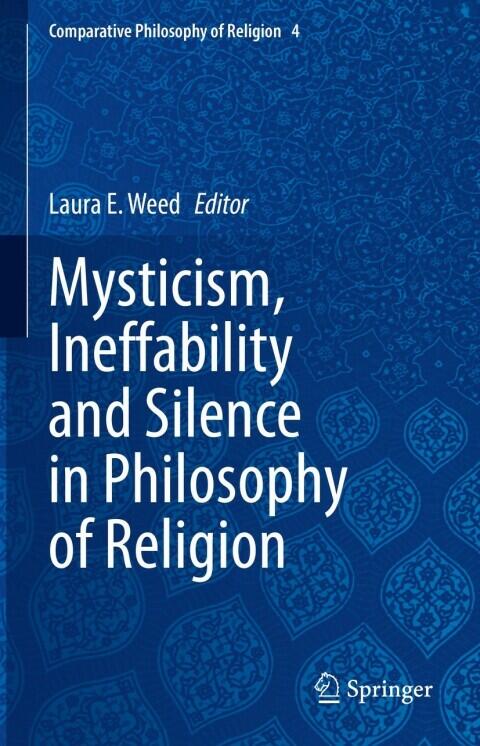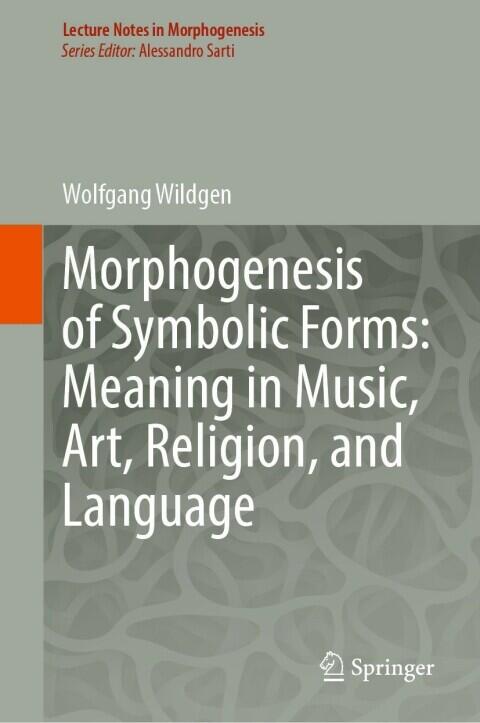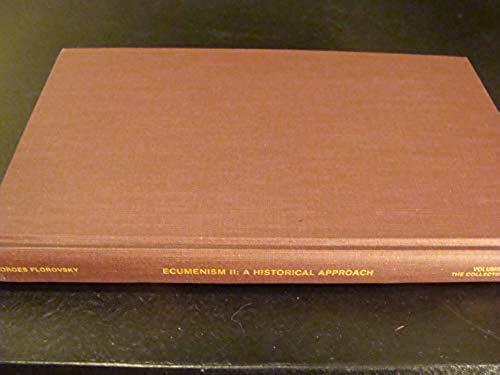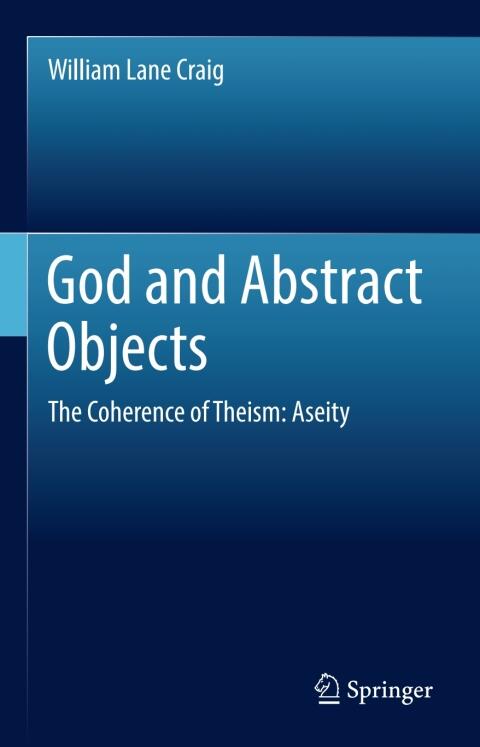
Animism and Philosophy of Religion
by
Alice J. Harris-Wood
No ratings yet
Religion & Spirituality
Philosophy
Format
Kindle
Pages
482
Language
German
Published
Jan 1, 2023
Publisher
Palgrave Macmillan
Edition
2
ISBN-10
3030941701
ISBN-13
9783030941703
Description
Alice J. Harris-Wood explores the intersection of animism and philosophical thought in a landscape often dominated by Western paradigms. Through her insightful analysis, she sheds light on how traditional philosophical inquiries have largely overlooked animism, a belief system that sees the world as imbued with spiritual essence. This oversight has implications for understanding diverse spiritual practices and their relevance in contemporary discussions about religion.
The work delves into the philosophical underpinnings of animism, challenging readers to rethink existing frameworks within the philosophy of religion. Harris-Wood meticulously examines the nuanced relationships between human beings and the natural world, arguing for the value of an animistic perspective in enriching philosophical discourse. By addressing the gaps in mainstream thought, she invites a broader engagement with varied religious phenomena and perspectives.
In doing so, she not only advocates for a more inclusive approach to philosophy of religion but also emphasizes the importance of acknowledging and revitalizing ancient belief systems in the face of modern existential questions. Harris-Wood's contribution is a call to rethink the narratives that shape understanding and appreciation of spirituality in an increasingly interconnected world.
The work delves into the philosophical underpinnings of animism, challenging readers to rethink existing frameworks within the philosophy of religion. Harris-Wood meticulously examines the nuanced relationships between human beings and the natural world, arguing for the value of an animistic perspective in enriching philosophical discourse. By addressing the gaps in mainstream thought, she invites a broader engagement with varied religious phenomena and perspectives.
In doing so, she not only advocates for a more inclusive approach to philosophy of religion but also emphasizes the importance of acknowledging and revitalizing ancient belief systems in the face of modern existential questions. Harris-Wood's contribution is a call to rethink the narratives that shape understanding and appreciation of spirituality in an increasingly interconnected world.
Reviews
Reading Log
No reading logs found
Start tracking your reading progress to see logs here
Add Your First Reading LogNotes
Transaction Log
No transaction logs found
Start tracking your book transactions to see logs here
Add Your First Transaction Log


















